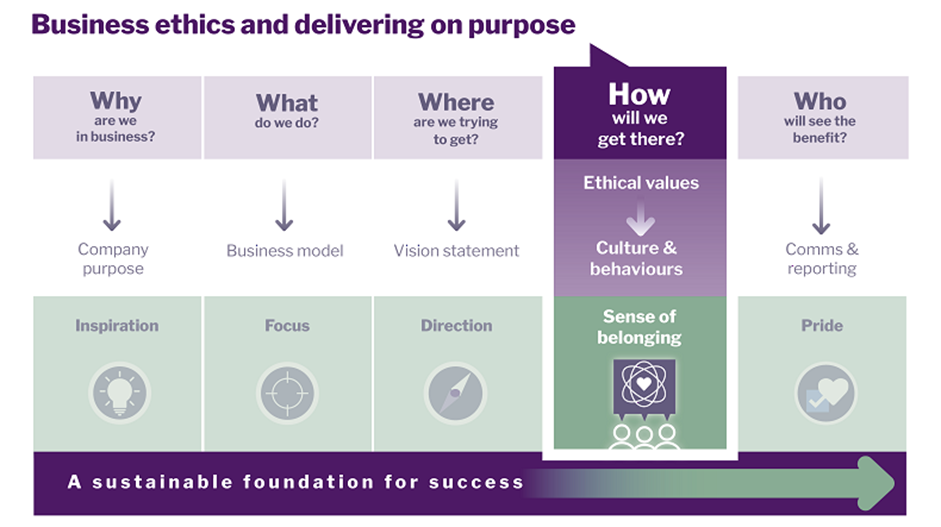- D/618/7406 Unit 5: Challenges of IT Security in Modern Organizations – Risks, Solutions & Best Practices
- HSC Level 2/3 Unit 012 Assignment: Care Worker Responsibilities and Ways of Working
- CIPD Level 5HR03 Assignment: Understanding Reward Approaches and Their Impact on Performance and Contribution
- CIPD level 5HR02 Assignment: Talent Management and Workforce Planning Unit Guide
- Level 3 D/615/3823 Assignment: Regulation, Protection, and Collaborative Practice in Health and Social Care
- PGM216D Assignment: Bicycle Store Sales Management Application
- MATH6033 Assignment: Epidemiological Investigation of Cardiovascular Health and Tea Consumption Risks
- EH6147 Assingment: Stakeholder Analysis for Quality Improvement in Hand Hygiene Compliance
- Assignment: Investigation of Solution Concentration Through Standard Preparation, Titration, and Colorimetry Techniques
- MATH6033 Assignment: Cardiovascular Risk and Tea Drinking: Epidemiological Analyses
- CIPD level 3 3CO03 Assignment: Core behaviours for people professionals
- DAC4B1: Personal development in adult care settings
- Unit 19 Research Project Assignment 1: Impact of Corporate Social Responsibility on Business Success & Community Wellness
- EG5022 Assignment: Georeferencing and Accuracy Assessment of a Quarry 3D Model Using Photogrammetric GCPs
- Assignment: Financial Performance and Strategic Analysis of a UK Listed Company: A CORE Evaluation and Reflective Review
- 5CNMN002W Assignment: Advanced measurement- Major measurement taking off
- K/650/2298 Level 3 Understanding Roles, Responsibilities, and Effective Partnerships in Health and Social Care
- Understanding Information and Knowledge Management in the Workplace: A Briefing for HR Professionals
- HRM7010D Strategic Use of People Analytics in Enhancing Organisational Value and Agility
- TOWN1060 Urban Planning in the UK History Sustainable Design and Future City Development
7CO03: Task 3 – Self-evaluate personal and professional integrity about ethical practice, professional courage and influence, and valuing people: Initial Self Assessment and Plan, Assignment, OU, UK
| University | The Open University (OU) |
| Subject | 7CO03: Task 3 -Initial Self Assessment and Plan |
Assessment Criterion 3
Self-evaluate personal and professional integrity about ethical practice, professional courage and influence, and valuing people
Development Objectives
Objective 2:
Participate in scenario-based training or role-playing exercises to practice assertiveness and communication skills in challenging unethical behaviour or practices within the recruitment industry.
Objective 3:
Establish a support network of mentors, colleagues, or professional associations to provide guidance and encouragement in speaking up against wrongdoing, even when it poses risks to reputation or relationships.

Assessment Criterion 5
Reflect on levels of self-awareness, Self-management and continuous self-improvement, leading to improved organisational success and career progression.
Development Objectives
With respect to self-awareness, my objective is to develop or participate in self-assessment tools or workshops to gain insights into personality traits, emotional intelligence, and motivational factors influencing recruitment performance management.
Assessment Criterion 7
Demonstrate impactful behaviour aligned with broader organisational vision, values strategies and plans.
Objective
Conduct a comprehensive review of recruitment processes within the next six months to identify and remove biases. I would like to focus on D&I hiring and increase metrics from 10% to 25%.
Assessment Criterion 9
Plan continuing professional development that involves both planned learning and reflection.
objective
Enhanced Candidate Experience: Clear and timely communication enhances the overall candidate experience, leading to higher candidate satisfaction and engagement.
Stronger Hiring Manager Relationships: Effective communication fosters stronger relationships and collaboration with hiring managers.
Buy Answer of This Assessment & Raise Your Grades
References and Bibliography
- Brown, B. (2012). Daring Greatly: How the Courage to Be Vulnerable Transforms the Way We Live, Love, Parent, and Lead. Avery.
- CIPD (n.d.). Continuing Professional Development (CPD). CIPD. [online] Available at: https://www.cipd.org/uk/learning/cpd/ [Accessed 1 May 2024].
- CIPD (n.d.). Ethical Practice. CIPD. [online] Available at: https://www.cipd.org/uk/the-people-profession/the-profession-map/explore-the-profession-map/core-behaviours/ethical-practice/ [Accessed 15 April 2024].
- Covey, S. R. (2004). The 7 Habits of Highly Effective People: Powerful Lessons in Personal Change. Simon & Schuster.
- Dweck, C. S. (2006). Mindset: The New Psychology of Success. Random House.
- Grant, A. M. (2013). Give and Take: Why Helping Others Drives Our Success. Penguin Books.
- Goleman, D., Boyatzis, R., & McKee, A. (2002). Primal Leadership: Realizing the Power of Emotional Intelligence. Harvard Business Press.
- Heath, C., & Heath, D. (2010). Switch: How to Change Things When Change Is Hard. Crown Publishing Group.
- Institute of Business Ethics (n.d.). The IBE Business Ethics Framework. Institute of Business Ethics. [online] Available at: https://www.ibe.org.uk/knowledge-hub/ibe-business-ethics-framework.html [Accessed 1 May 2024].
- Kahneman, D. (2011). Thinking, Fast and Slow. Farrar, Straus and Giroux.
- Kubala, K. (2022). Emotional intelligence: Components, importance, and examples. Medical News Today. [online] Available at: https://www.medicalnewstoday.com/articles/components-of-emotional-intelligence [Accessed 1 May 2024].
Are You Looking for Answer of This Assignment or Essay



